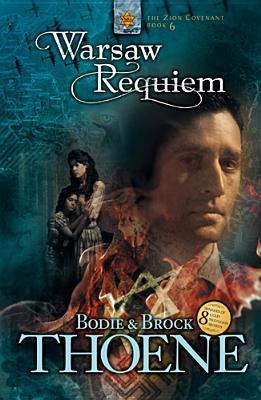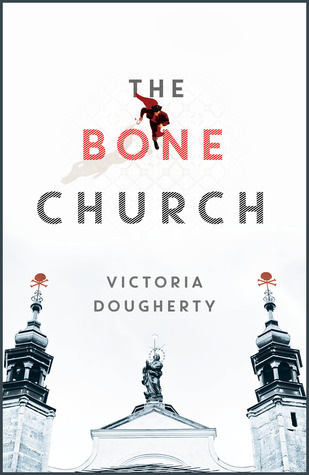
Skeletons at the Feast
Book Description
Amidst the chaos of World War II, innocence is a luxury few can afford. "Skeletons at the Feast" entwines the fates of a German family fleeing the advancing Allies and a Polish captive, bound by their shared struggle for survival. Tensions rise as secrets unravel and loyalties are tested in a land where trust can be as deadly as a bullet. Each character faces harrowing choices that could alter their destinies forever. As they navigate betrayal and sacrifice, can they find hope amid the ruins, or will the ghosts of their pasts consume them? What price will they pay for redemption?
Quick Book Summary
"Skeletons at the Feast" by Chris Bohjalian is a harrowing historical novel set in the final months of World War II, following the journey of the Emmerich family, Prussian aristocrats fleeing the encroaching Soviet army. Alongside them are Callum, a Scottish POW desperate for escape, and Uri, a Jewish escapee hidden in plain sight. As they traverse a devastated landscape, the shifting lines of war expose their vulnerabilities and force them to confront uncomfortable moral truths. Their path is fraught with danger, betrayals, and the constant threat of exposure. Bohjalian deftly explores how love, loyalty, and moral courage persist—even as the world around them collapses. Ultimately, the novel examines the price of survival and the burdens of guilt, while illuminating the resilience of the human spirit in the darkest of times.
Summary of Key Ideas
Table of Contents
Survival Amidst War and Moral Ambiguity
In the chaos of World War II’s final months, the Emmerich family—aristocratic Prussian landowners—are forced to abandon their home and join the stream of refugees fleeing west before the Soviet advance. Their journey is rife with uncertainty, scarcity, and fear, reflecting the tumultuous collapse of a world they once understood. The pressures of survival strip away pretenses, forcing each family member to face uncomfortable moral dilemmas. Takeshi, the family patriarch, navigates the nuances of denial and complicity as Nazi Germany crumbles, while Anna, his daughter, comes of age in a cauldron of violence and upheaval.
The Cost of Loyalty and Betrayal
Traveling with them is Callum Finella, a Scottish prisoner of war whom the family had been sheltering. Desperate for freedom, he becomes entwined with the Emmerichs’ struggle, while questioning the boundaries between friend and enemy. Uri Singer, a young Jewish man who escaped a train bound for a concentration camp, moves through war-torn Germany disguised as a Nazi soldier. His improbable survival depends on constant vigilance, deception, and fleeting alliances. Uri’s story exposes the thin line between victim and perpetrator, survival and moral compromise.
The Weight of Guilt and Complicity
Throughout their trek, trust becomes a dangerous commodity. Loyalties are tested as the realities of war force the characters into choices with far-reaching consequences. Anna and Callum risk their lives for one another, while the family’s long-held beliefs are challenged by the brutality and ambiguities of their surroundings. Small acts of kindness become precious, but betrayal is never far away. Each character is haunted by what they have done—or failed to do—as they skirt the edges of compassion and self-preservation.
Redemption and Forgiveness in Wartime
As the landscape of war shifts and the group nears what they hope will be safety, the ghosts of their past weigh heavily. Guilt and grievance haunt the Emmerichs and their companions, raising questions of who deserves redemption in a world scarred by atrocity. Some strive for forgiveness, others harden in bitterness, but all are marked by their journey. The quest for atonement and the possibility of grace becomes a central concern as they seek to make sense of their losses.
The Resilience of Love and Hope
Despite overwhelming dread and devastation, moments of love and hope cut through the darkness. The relationships forged amid adversity—between Anna and Callum, the Emmerichs and Uri—underscore the endurance of the human spirit. As the war ends and the survivors emerge from its shadow, they must come to terms with all they have endured and lost. In the ruins, Bohjalian finds space for resilience, asserting that even amid history’s gravest horrors, the possibility of humanity and hope survives.
Download This Summary
Get a free PDF of this summary instantly — no email required.





